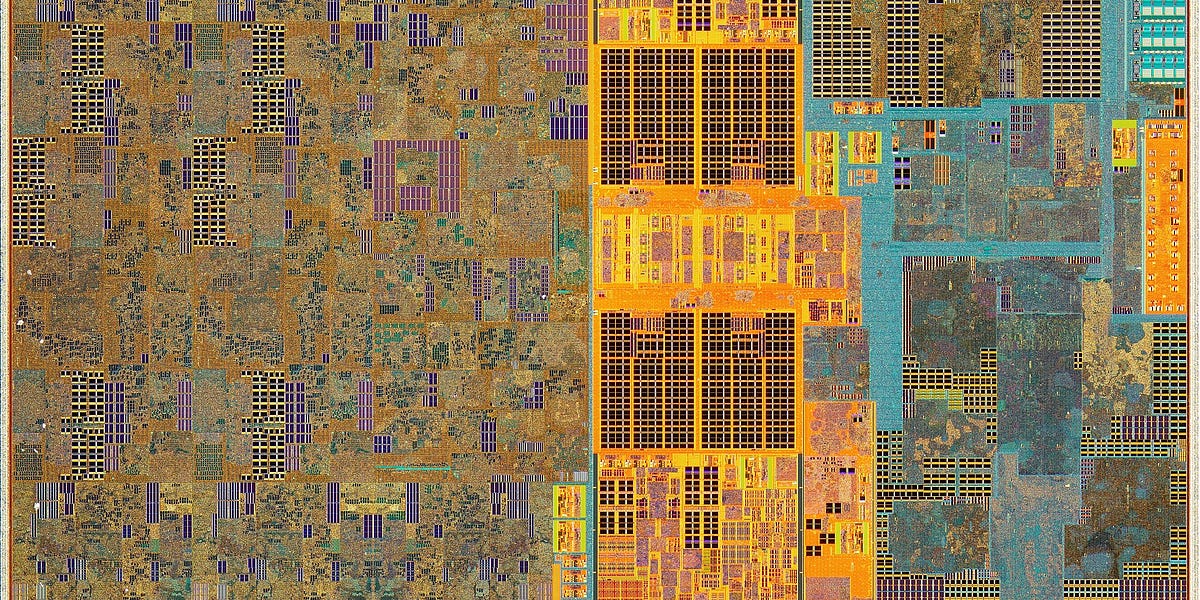Streamix is a lightweight alternative to RxJS, offering a streamlined approach to reactive programming through a simplified concept of streams and emissions. Built for modern, performance-driven applications, Streamix strikes a balance between simplicity and efficiency, boasting an ultra-light footprint of just 6 KB (zipped). For added convenience, a compact HTTP client is included as a separate package, weighing approximately 3 KB (zipped).
Key Features / Usage Example / Supported Operators / HTTP Client /
Generators (function* and async function* in JavaScript) offer a pull-based model for iteration, contrasting with the push-based model used in RxJS and similar libraries. With generators, values are only produced when requested via .next(), allowing for more efficient execution by avoiding unnecessary computations. In contrast, traditional RxJS observables push values to subscribers regardless of whether they are ready to handle them, potentially leading to wasted processing or memory usage.
- Lightweight: With a bundle size of approximately 5 KB (zipped), Streamix is optimized for performance and efficiency.
- Familiar API: If you're already familiar with RxJS, you'll find Streamix easy to pick up, as it supports many core RxJS operators.
- Unique Tools: Streamix includes specialized tools for handling heavy computational tasks, making it suitable for performance-oriented applications.
- Asynchronous Support: It simplifies asynchronous programming, allowing you to manage user interactions, network requests, and UI updates seamlessly.
- Streams and Emissions: Streamix introduces a simplified concept of streams (represented as async generator functions) and emissions, making it easier to work with asynchronous data flows.
- Stream: A sequence of values over time, represented as an async generator function.
- Emission: The individual data yielded by a stream. The stream no longer uses the Emission abstraction. Instead, it directly represents the values that are emitted.
- Operator: Functions that transform, filter, or combine streams.
- Subject: A special type of stream that allows manual dispatching of emissions.
Install Streamix via npm:
Here's an example of using Streamix to compute and render a Mandelbrot set on an HTML canvas:
| EMPTY | Represents an empty stream. |
| bufferCount | Buffers emitted values and outputs them in chunks. |
| catchError | Catches errors and handles them gracefully. |
| combineLatest | Combines the latest values from multiple streams. |
| compute | Computes values based on a transformation function. |
| concat | Emits values from multiple streams sequentially. |
| concatMap | Maps each value to a stream and flattens the result sequentially. |
| coroutine | Enables coroutine-based stream handling. |
| debounce | Delays emissions when rapid events occur. |
| defaultIfEmpty | Emits a default value if no values are emitted. |
| defer | Creates a stream that defers its execution until subscribed. |
| delay | Delays emitted values by a specified time. |
| distinctUntilChanged | Filters out consecutive duplicate values. |
| eachValueFrom | Iterates over values in an async generator. |
| endWith | Emits additional values at the end of a stream. |
| filter | Filters values based on a predicate function. |
| finalize | Runs a final action when the stream completes. |
| firstValueFrom | Extracts the first emitted value from a stream. |
| fork | Splits a stream into multiple independent streams. |
| from | Converts an array or promise into a stream. |
| fromEvent | Creates a stream from DOM events. |
| fromPromise | Converts a promise into a stream. |
| groupBy | Groups emitted values based on a key selector. |
| iif | Conditional stream creation based on a boolean condition. |
| interval | Emits values at a set interval. |
| jsonp | Makes a JSONP request and returns a stream. |
| lastValueFrom | Extracts the last emitted value from a stream. |
| loop | Repeats emissions indefinitely. |
| map | Transforms each value in the stream using a provided function. |
| merge | Combines multiple streams into one. |
| mergeMap | Maps each value to a stream and flattens the result concurrently. |
| of | Emits a fixed set of values. |
| onAnimationFrame | Emits values on each animation frame. |
| onIntersection | Emits values when an element intersects with the viewport. |
| onMediaQuery | Emits values based on media query changes. |
| onMutation | Emits values on DOM mutations. |
| onResize | Emits values when an element is resized. |
| range | Emits a sequence of numbers. |
| reduce | Accumulates values into a single result. |
| retry | Retries a failed stream operation. |
| scan | Accumulates values, emitting intermediate results. |
| shareReplay | Shares and replays the last emitted value to new subscribers. |
| skip | Skips a specified number of emitted values. |
| slidingPair | Emits pairs of consecutive values. |
| startWith | Prepends initial values before the stream starts. |
| switchMap | Switches to a new inner stream whenever a new value is emitted. |
| take | Emits only the first specified number of values. |
| takeUntil | Emits values until another stream emits a value. |
| takeWhile | Emits values while a condition holds true. |
| tap | Performs side effects without modifying emissions. |
| timer | Emits values after a delay. |
| toArray | Collects emitted values into an array. |
| throwError | Emits an error in the observable stream. |
| withLatestFrom | Combines values from multiple streams. |
| webSocket | Creates a stream from a WebSocket connection, emitting messages as they arrive in real time. |
| zip | Combines values from multiple streams in a one-to-one fashion. |
... and more.
The HttpClient provided by this library is a powerful tool for making HTTP requests with middleware support and streaming capabilities. It allows you to chain middleware functions to modify requests and handle responses in a flexible manner. Below is an example of how to use the HttpClient to make a GET request and process the response as a JSON stream:
Streamix is designed for those who need a straightforward way to manage asynchronous data without the complexity of larger frameworks. It's a great alternative to RxJS for simpler use cases, offering all the core functionality you need in a more lightweight, efficient package.
To see Streamix in action, check out these sample projects:
Interested in extending Streamix or using it in your project? Reach out to us! We’re excited to collaborate and help bring your ideas to life.
.png)








